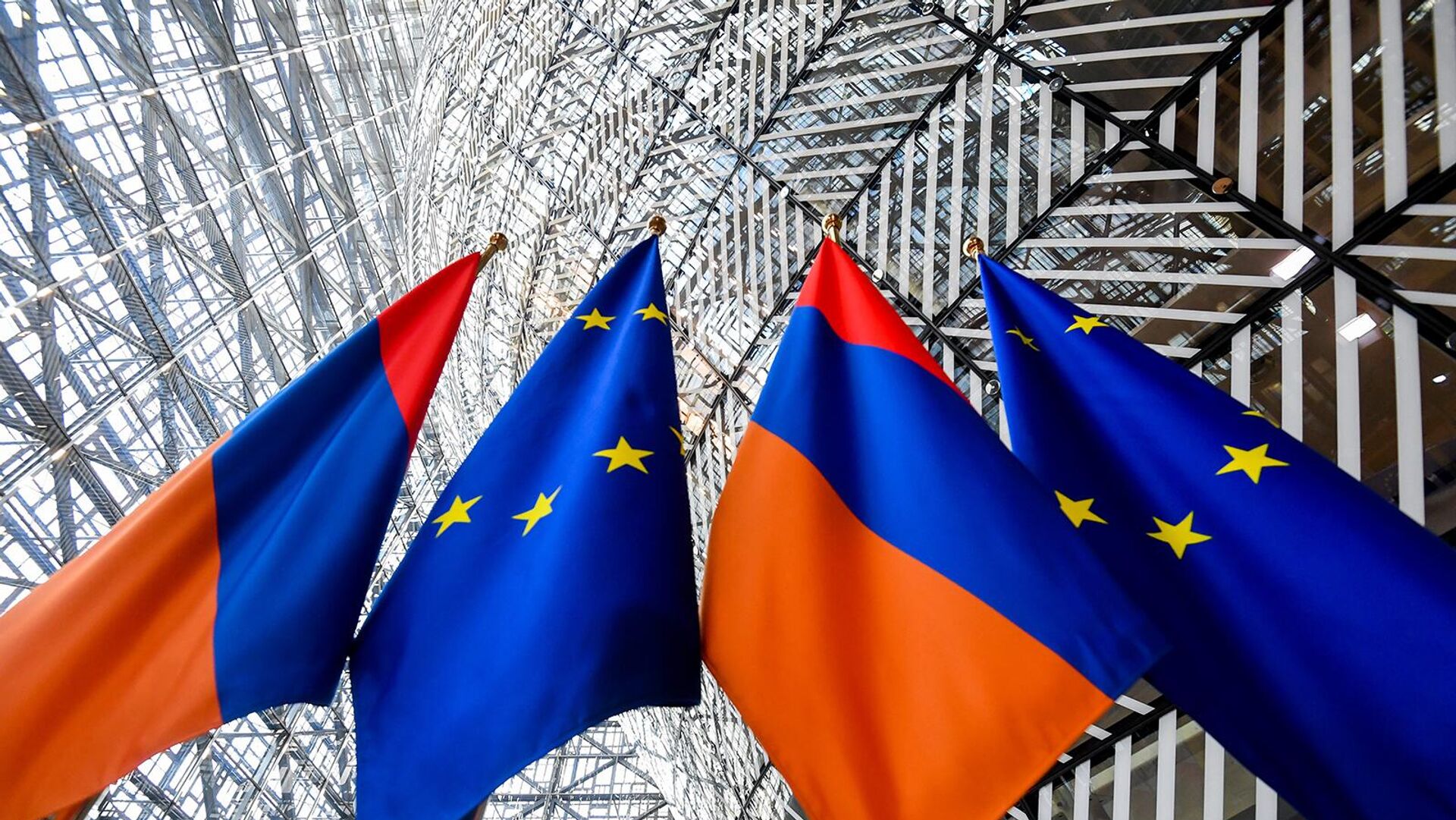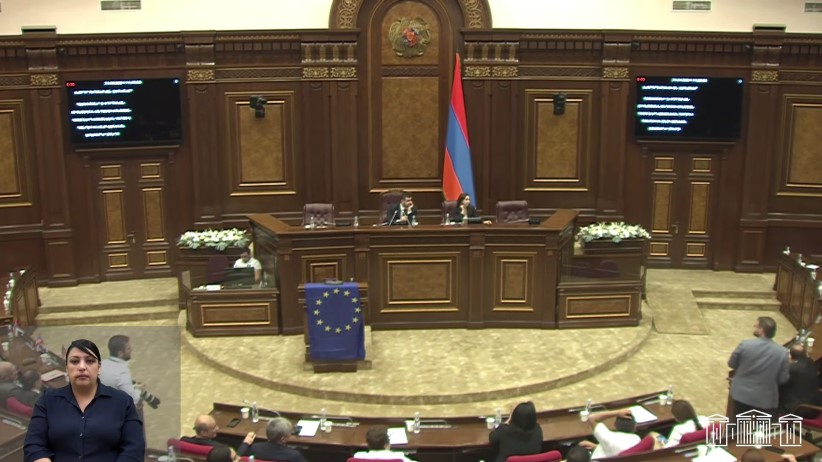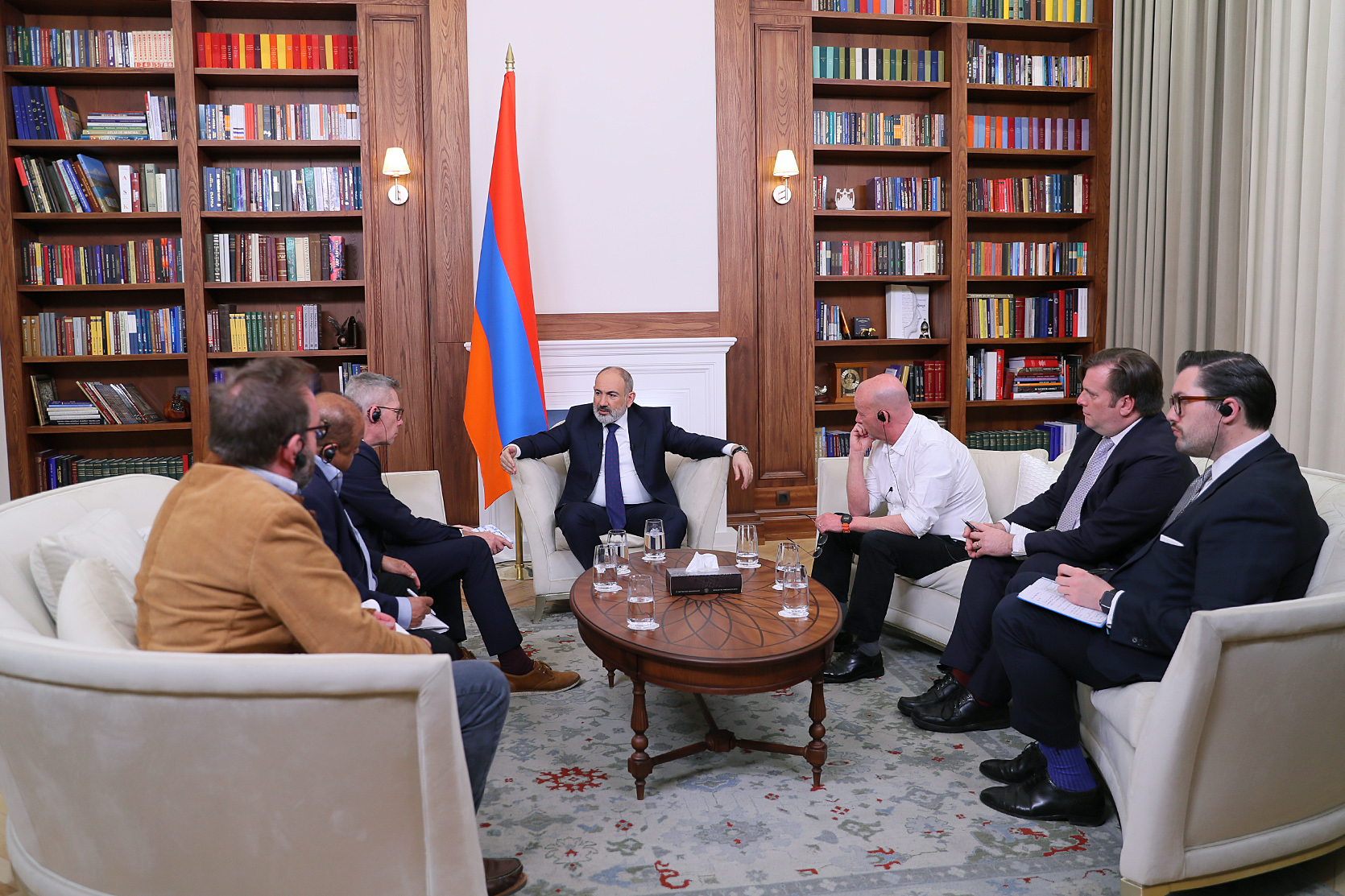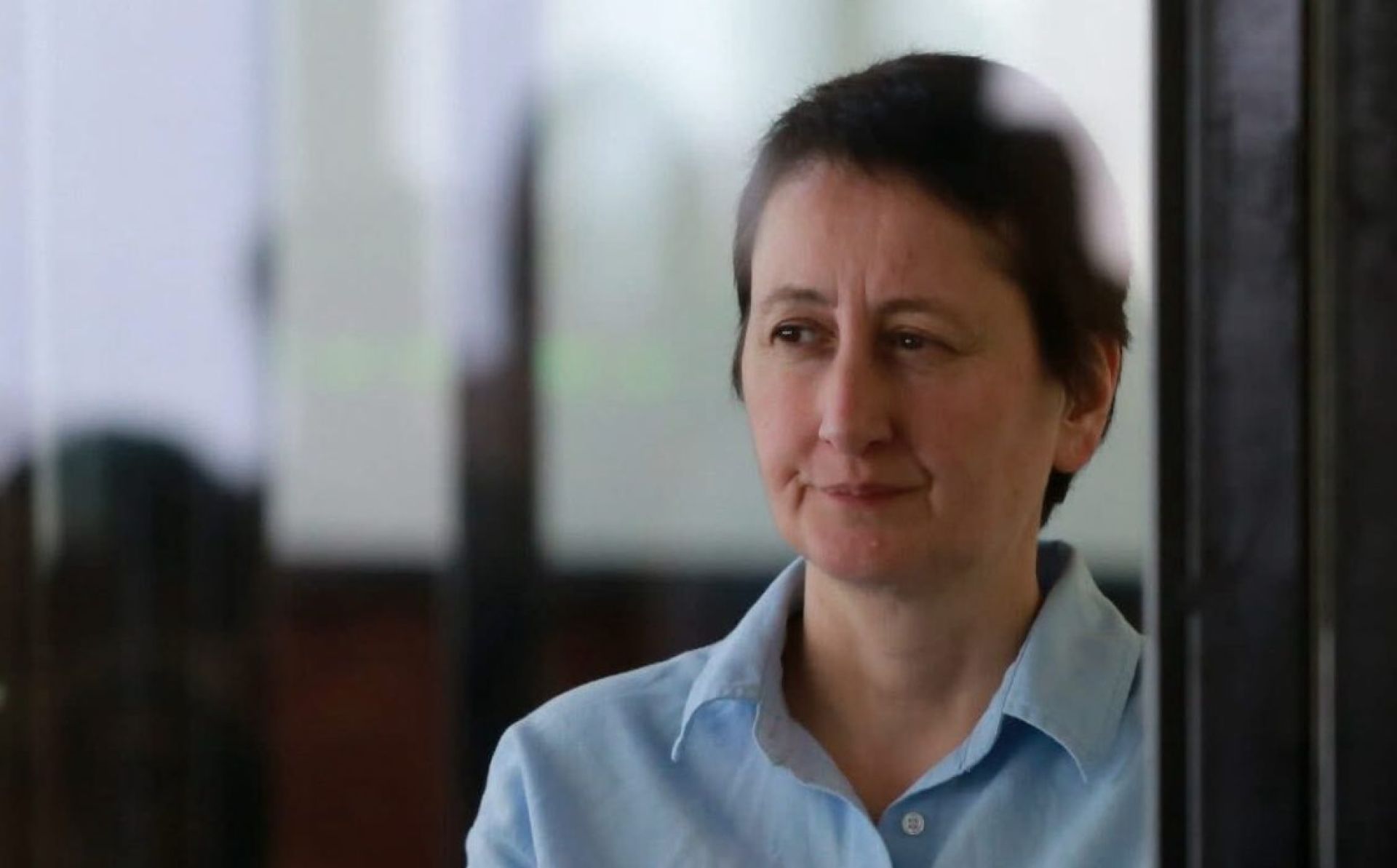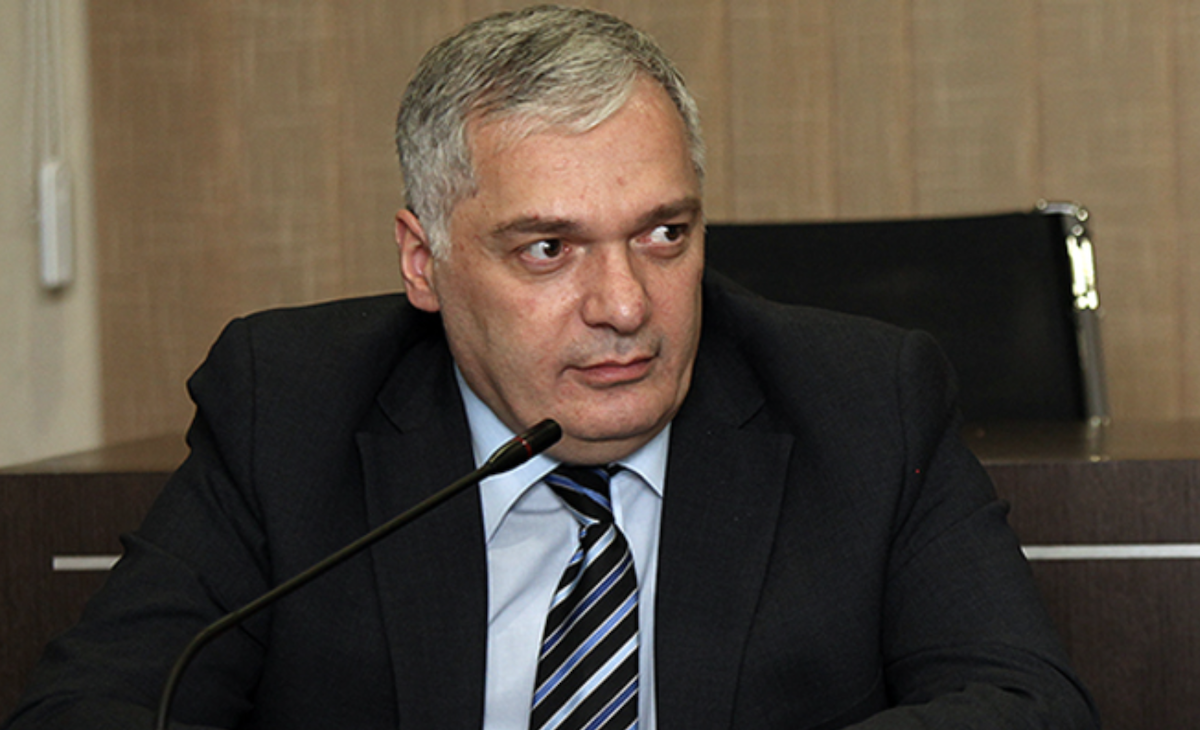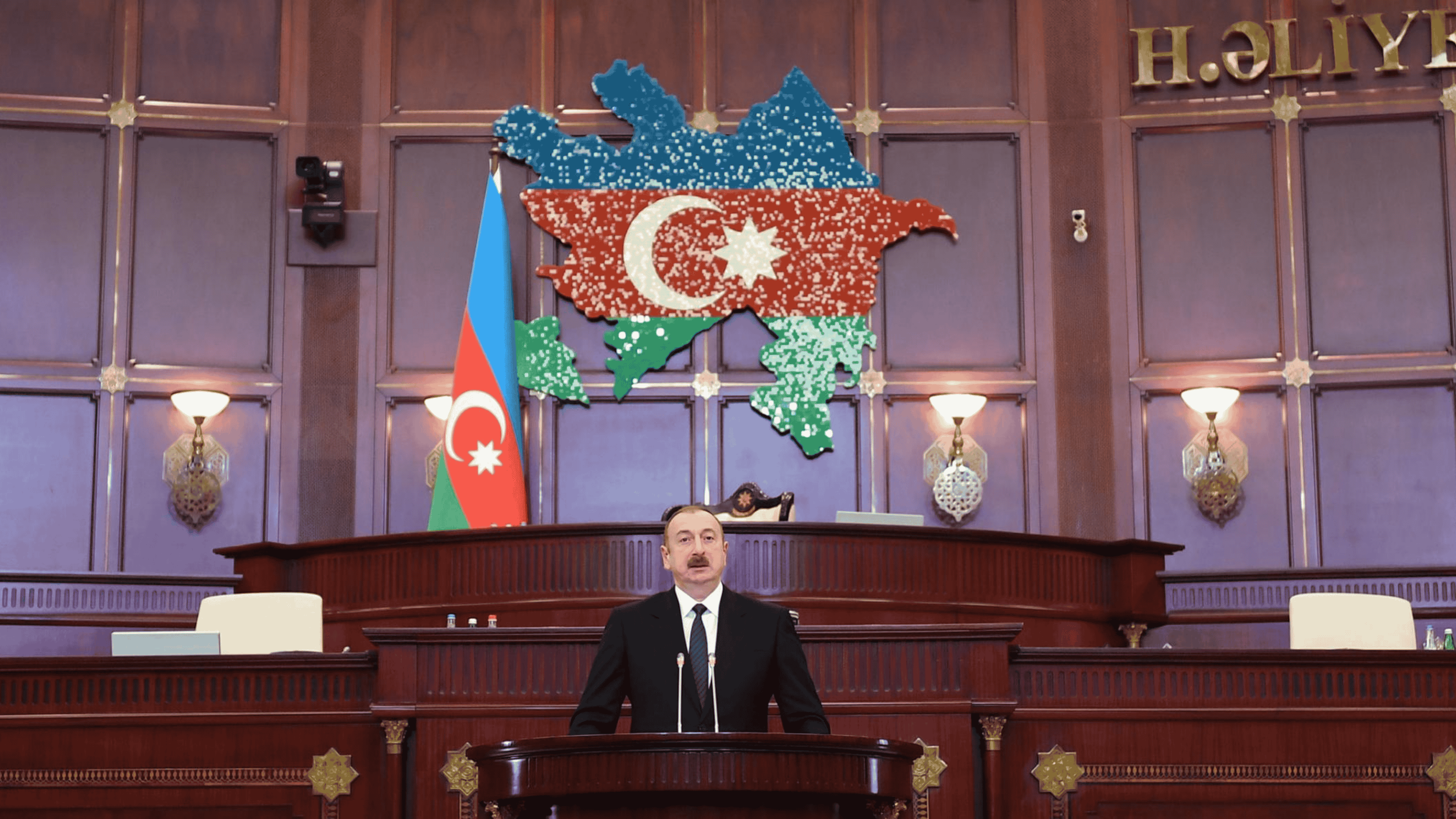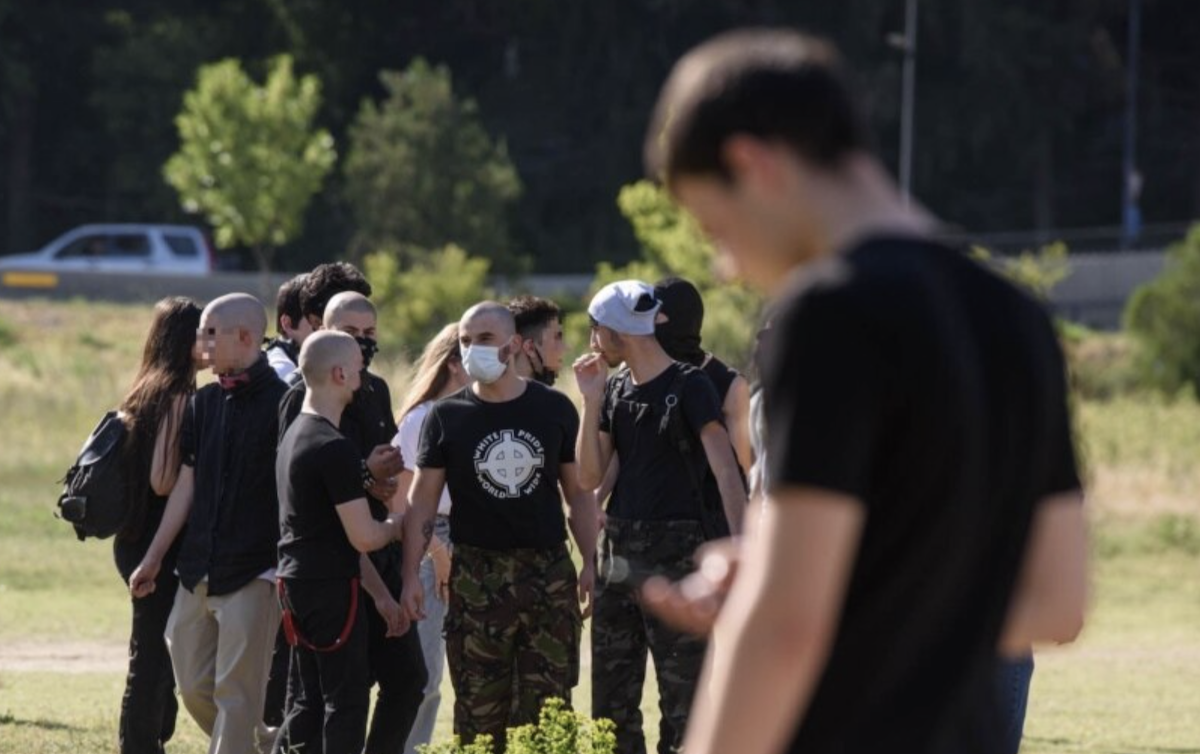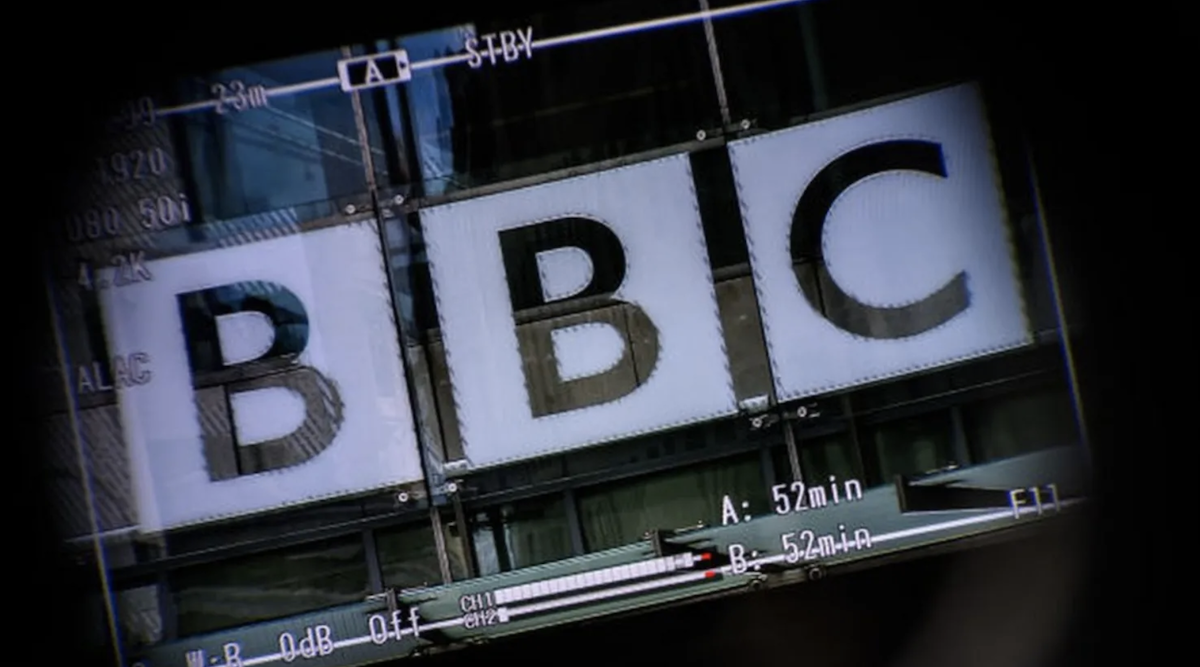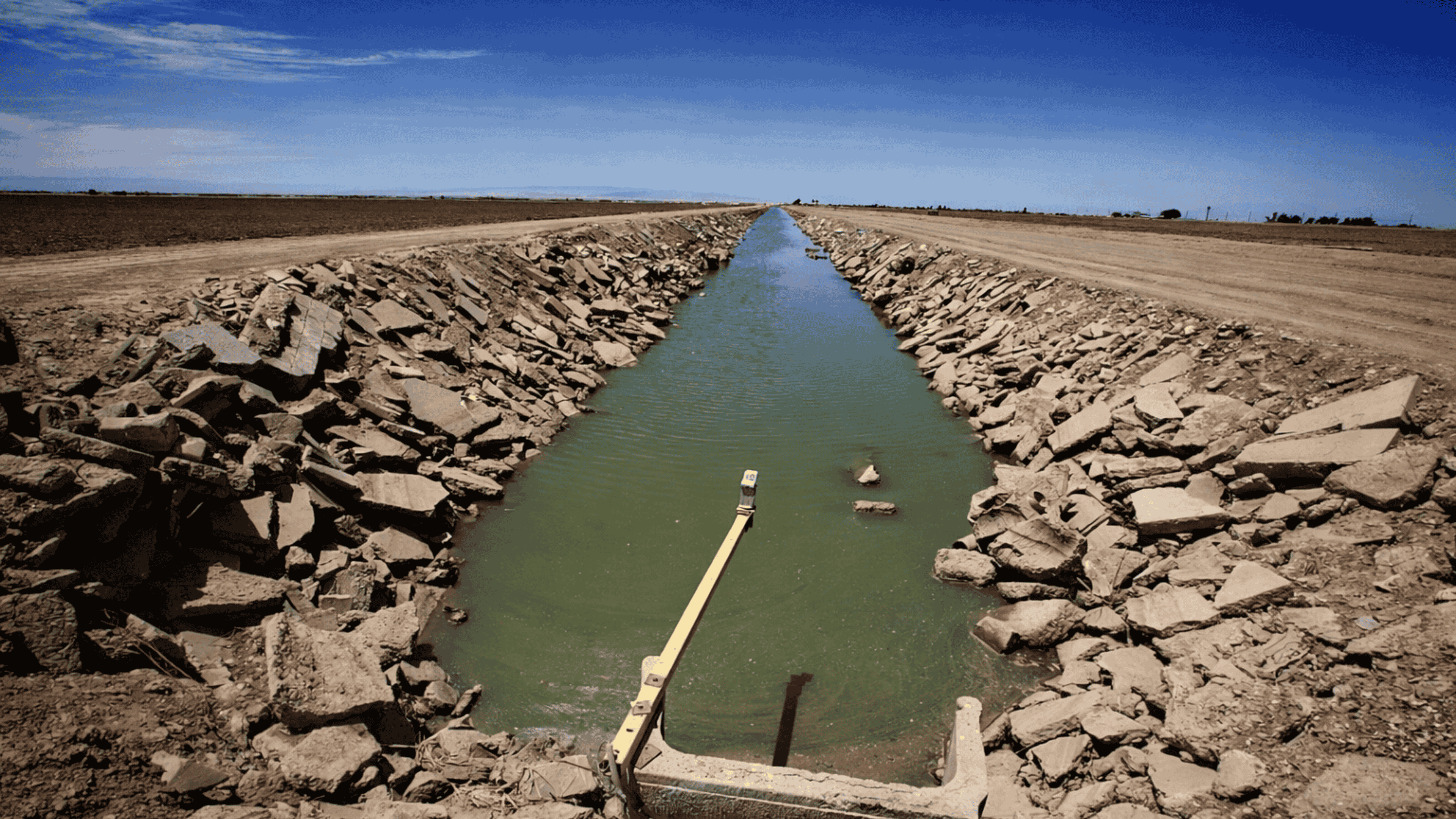"This is just the beginning": Armenia will receive 10 million euros from the European Peace Facility
European peace fund to support Armenia
“Armenia will receive support from the European Peace Facility (EPF). Hungary has lifted its veto,” reports the radio station Azatutyun (Liberty), citing its diplomatic sources in the EU. The country has been expecting this EU aid since 2023.
“The 10 million euros from the fund will be used to create a modular field camp for one battalion, which will also include a medical clinic,” stated a source from the radio station.
In April this year, Hungary demanded that Azerbaijan also receive support from the European Peace Facility. This proposal was rejected. However, it was decided to allocate aid to Baku under a different provision – for demining operations.
Political scientist Areg Kochinyan does not believe that Hungary lifted its veto because Azerbaijan was promised demining support.
“I don’t rule out that the Hungarians received additional bonuses on some other intra-European issue,” the political scientist told JAMnews.
- “Armenia cannot count on integration with the West without Georgia”. Opinion
- “EU won’t fuel Yerevan’s false hopes”. Opinion
- “Yerevan сould gain more”: On military contracts with France
Borrell announced possible aid in 2023
EU high representative for foreign affairs Josep Borrell spoke about “possible support for Armenia under the European Peace Facility” as early as November 2023.
Then, in March 2024, the European Parliament adopted a resolution on closer ties between the EU and Armenia. European deputies called on EU leadership to “support Armenia’s aspiration to expand cooperation with the EU not only in economic partnership but also in political dialogue, as well as in ensuring security and countering hybrid threats.”
In April, EU spokesperson for international relations Peter Stano stated:
“Discussions on assistance under the European Peace Facility are ongoing, and a decision will be made at some point. However, processes in the EU take time, considering that there must be consensus among all 27 member states.“
Decision not yet finalized
Currently, it is only known that Budapest has lifted its veto, but the decision has not yet been finalized.
“All EU member states are ready to give the green light to this decision. It is expected that the project will be approved first on July 17, at a meeting of member state ambassadors, and then on July 22, at a meeting of foreign ministers,” reports Azatutyun.
According to diplomatic documents obtained by the radio station, the fund’s aim is to assist the Armenian Armed Forces “in enhancing their resilience and capacity to establish stability, thereby better protecting civilians during crises and emergencies.”
About the European Peace Facility
Established in 2021, it is a tool through which Brussels provides funds to non-EU countries to enhance their defense capabilities, prevent conflicts, and strengthen peace.
Through this mechanism, the EU has previously supported Ukraine, Georgia, and Moldova in their efforts to join the European Union. The fund has also provided assistance to a dozen African countries.
Commentary
Political scientist Areg Kochinyan considers it significant that Armenia will receive support from the fund to ensure its security:
“For a long time, it was believed that this was simply unattainable. It was thought that Armenia could not receive EU assistance while being a member of the CSTO [a military bloc led by Russia]. But it seems that this is already happening.”
Commenting on Hungary’s change in position, the political scientist noted that Budapest often holds views different from those of other EU countries, particularly on issues concerning Georgia and Ukraine. Kochinyan believes that Hungarians always try to gain something in return for agreeing not to disrupt the European consensus, and only then do they align with the common position.
According to the political scientist, decisions regarding Armenia are usually hindered by three countries: Hungary, Italy, and Slovakia. In his view, the reason is not only their cooperation with Azerbaijan but also specific reservations they have about the development of Armenia-EU relations.
“It is unlikely that Hungary, having lifted its veto, will create further problems for the decision. The most challenging issues always involve Hungary. I think the matters with Slovakia and Italy can be resolved,” he said.
Areg Kochinyan believes that the fund’s support will initially be “moderate and modest both in terms of the provided funds and content.” However, he is convinced that this is only the beginning of the process.
He recalls that many were skeptical about the possibility of deploying an EU monitoring mission on the Armenian border. But European observers arrived and began monitoring the border with Azerbaijan. Moreover, the mission gradually expanded and now comprises 200 people. The analyst predicts that a similar development can be expected with the fund.
European peace fund to support Armenia










